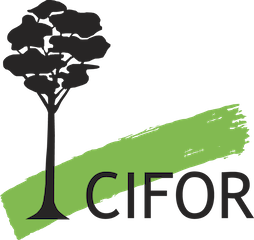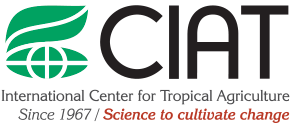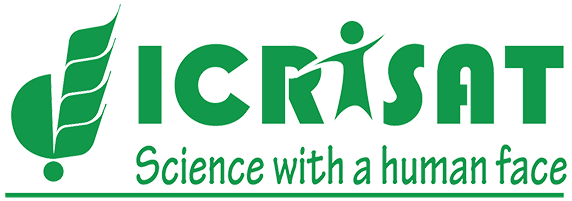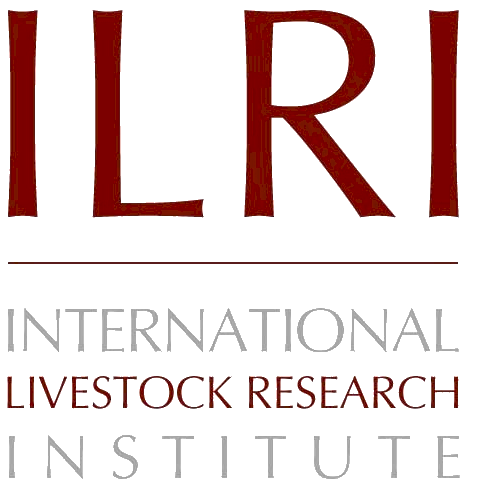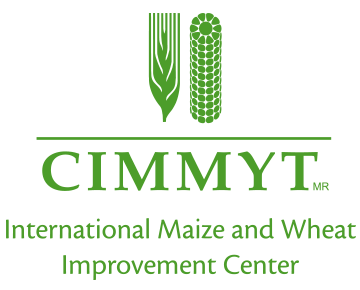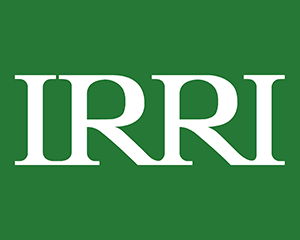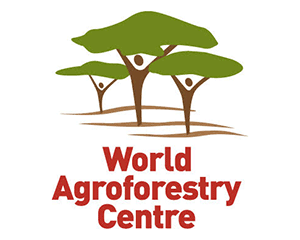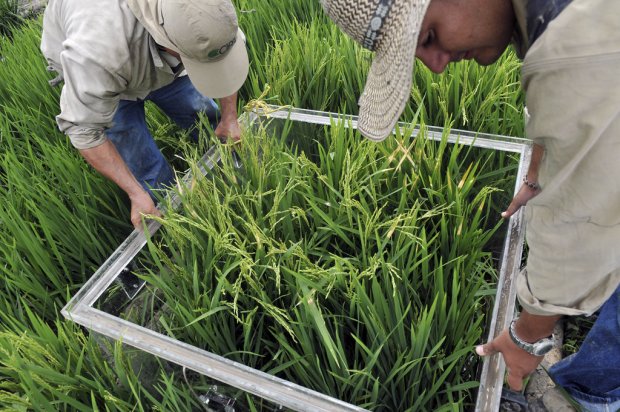
SAMPLES is a framework which aims to fill the gap in current greenhouse gas emissions monitoring in tropical developing countries.
Climate change is a hot topic in Paris this year. The City of Light is not only hosting the Our Common Future Under Climate Change science conference this week. It will also be anchoring the United Nations Climate Change Conference, COP21, in December.
Yesterday at the science conference, Meryl Richards of the CGIAR Research Program on Climate Change, Agriculture and Food Security (CCAFS) debuted two new tools to improve understanding of agricultural emissions and mitigation options: measurement guidelines and a data platform.
Both the guidelines and platform are products of the Standard Assessment of Agricultural Mitigation Potential and Livelihoods (SAMPLES) project, which began in late 2012.
Richards, who is a Science Officer in the Low Emissions Agriculture flagship program at CCAFS, explained that “the purpose of this project is to improve data and measurement and monitoring methods for greenhouse gas emissions from agriculture.”
The project’s focus is on agriculture in tropical developing countries, for which the present data situation is particularly bad. So bad indeed, that tropical countries are forced to rely on data from temperate regions, which may not be accurate for tropical soils, crops and animals according to Richards.
This gap translates into high uncertainty about current and past emissions and consequently lessens developing countries’ overall ability to monitor their greenhouse gas emissions and, more importantly, assess the potential mitigation co-benefits of agricultural development.

